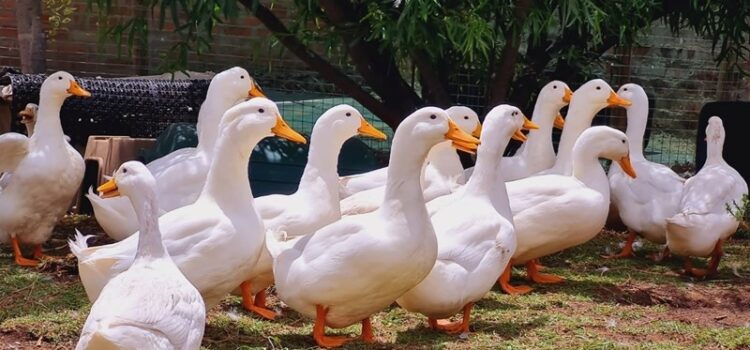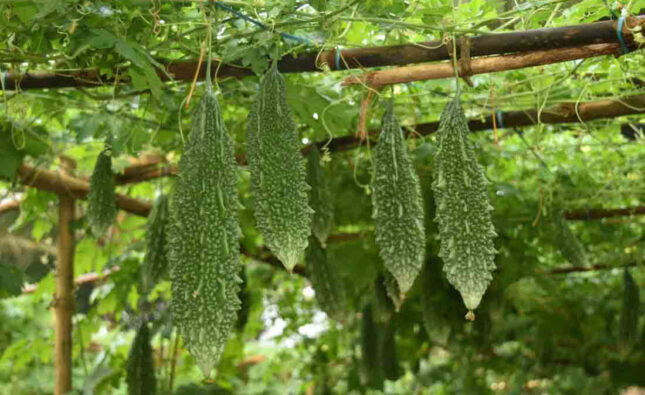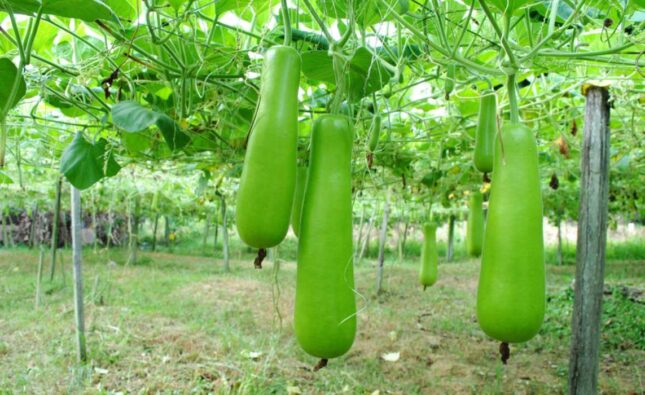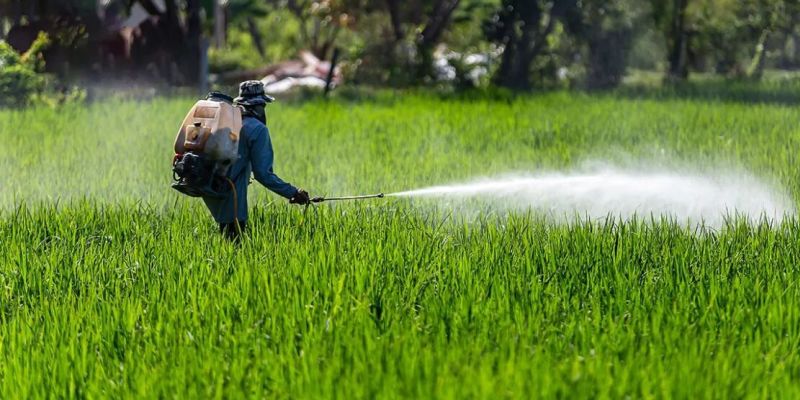Duck farming, also known as duck rearing or duck raising, refers to the practice of raising ducks for various purposes, such as meat, eggs, feathers, or as pets. Duck farming can be found in both small-scale backyard operations and large commercial farms.
Here are some key aspects of duck farming:
- Breeds:
There are numerous duck breeds suitable for farming, each with its own characteristics and suitability for different purposes. Common duck breeds raised for meat include Pekin ducks and Muscovy ducks, while Khaki Campbell ducks are popular for egg production.
2. Housing and facilities:
Ducks can be housed in various types of housing, ranging from simple sheds or pens to more elaborate structures. Access to clean water for swimming and drinking is essential, as ducks have a natural affinity for water. Adequate ventilation, lighting, and protection from predators are also important considerations.
3. Feeding:
Ducks are omnivorous and have a diverse diet. They consume a combination of commercial duck feed, grains, seeds, insects, worms, and aquatic vegetation. A balanced diet is necessary to ensure optimal growth, egg production, or meat quality.
4. Health and care:
Proper care and management are crucial for maintaining the health and well-being of ducks. Regular monitoring of their health, vaccination against common diseases, and timely treatment of any illnesses or injuries are important aspects of duck farming.
5. Egg production:
For those focusing on duck egg production, it’s essential to provide suitable nesting areas or boxes for the ducks to lay their eggs. Regular collection of eggs helps maintain cleanliness and prevents damage or spoilage.
6. Meat production:
Ducks raised for meat require appropriate feeding, management, and growth monitoring. They are usually harvested at a specific age or weight to achieve the desired meat quality.
7. Marketing and sales:
Duck products, such as meat and eggs, can be sold directly to consumers, restaurants, or processed for further value-added products. Establishing market connections and understanding consumer preferences are essential for successful duck farming ventures. It’s worth noting that local regulations, cultural practices, and market demand can vary across regions and countries, influencing the specific methods and approaches to duck farming. Therefore, it is important to research and understand the specific requirements and considerations applicable to the location where duck farming is being practiced.






